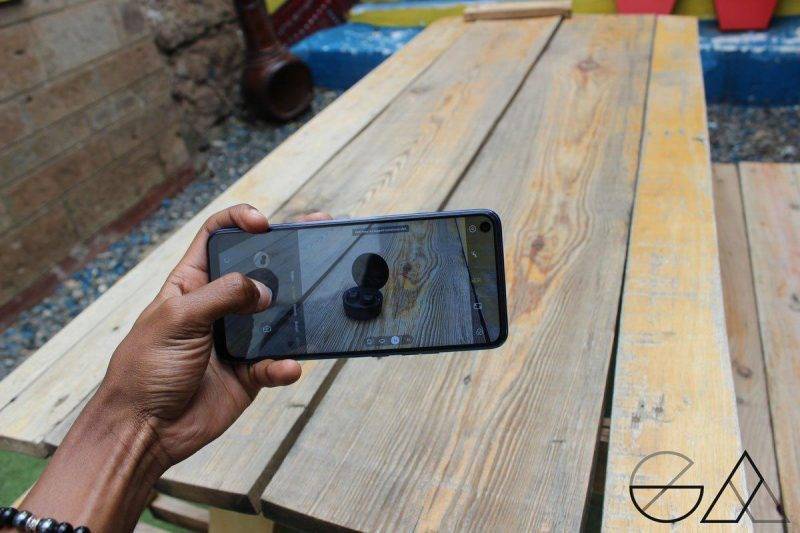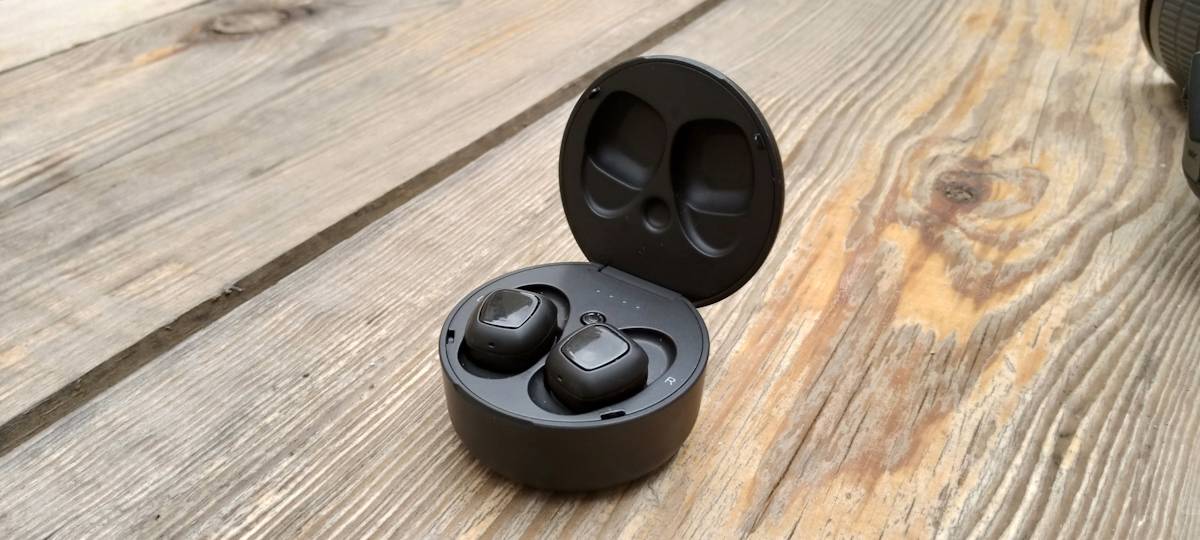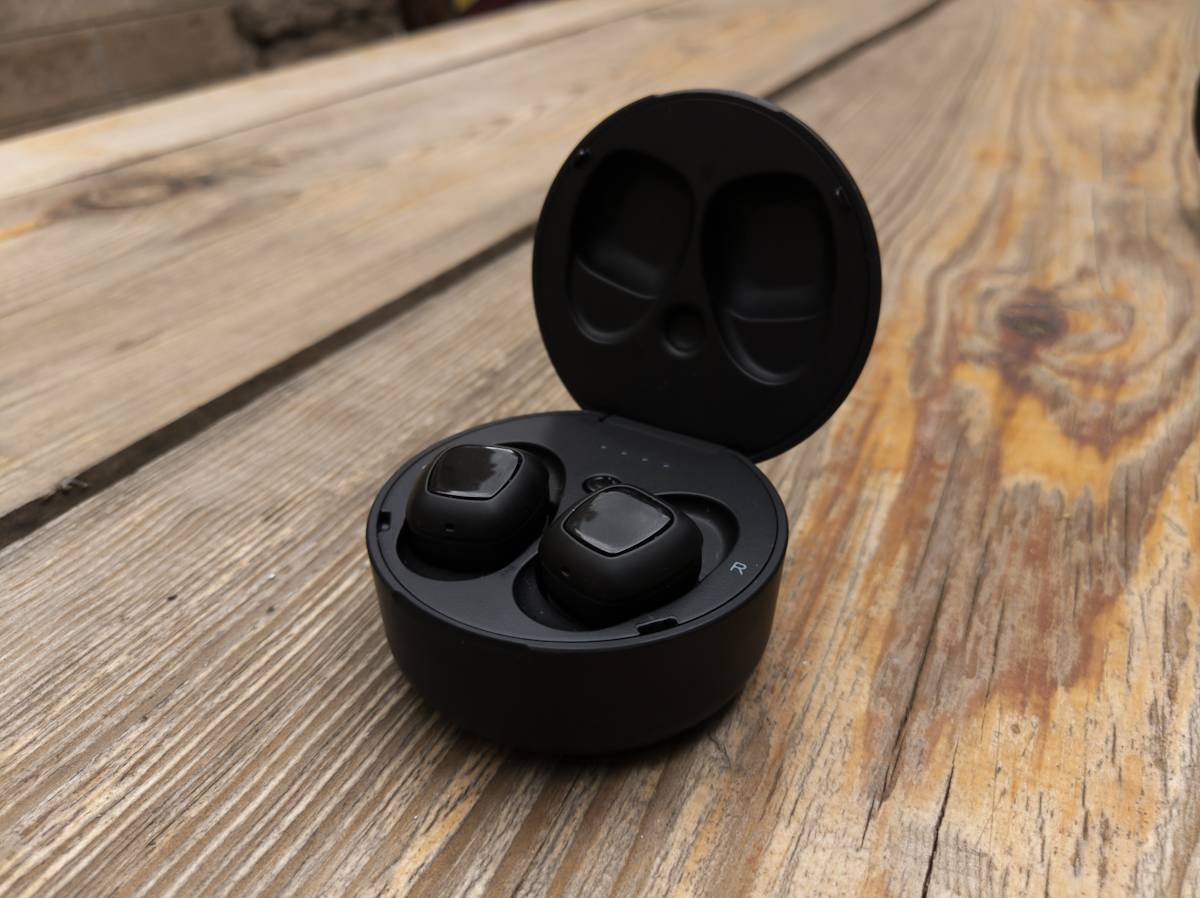At this point, I would confidently say that the term “AI” is one of the most used (maybe even misused) words in the world of tech. In this era of fake news, it’s almost certain that you have heard of the word “AI camera” or “AI smartphone” with almost every new smartphone campaign. But what does it mean really?
As much as we may choose to jump on these smartphone companies and tell them to stop using this term just for the sake of it, it’s pretty clear that AI Camera is here to stay. But yes, many have misused it yet some have remained loyal to the move of improving their camera software every year.
The main goal with the technology behind these AI cameras is for the software and hardware to get so good to the point of the camera mimicking the human eye at some point in the future. As they say, out of all cameras in the world, none beats what the human eye captures.
Moreover, the tech is not just for smartphones but for integration in future self-driving vehicles and drone performance among other real-life applications. But for now, we will be looking at one of the most tried platforms for this tech; smartphones.
What Is An AI Camera?
The term AI stands for Artificial Intelligence. This is basically a software used to refer to machines that exhibit functions that would normally associate with the human mind such as thinking, learning and problem-solving.
So as much as you have all the necessary software for the camera, the AI does the heavy lifting in that photography department previously reserved for professional photographers.
Due to the nature of their job, you would expect photographers to know everything there is about taking the perfect image quality. These include camera setting and image processing, automatic shutter speed and exposure, saturation, colour depth, dynamic range and also contrast.


Normally, a non-tech savvy individual who just got a smartphone wouldn’t know that. And that’s where the AI comes in. Superficially, the AI just recognises the shooting scene. Once you point your camera correctly, the AI just takes over and tweaks the settings so you can take that killer shot.
But a whole lot more tends to happen behind the scenes. It seems like just a matter of point and shoot but the AI does a lot in those few seconds. What the software does in two seconds would take a photographer so much more time in capturing and editing.
Does It Work Though?
Well, we have seen this term pasted on a number of smartphone brands even to the budget segment. And as it is widely known, many phones in that range aren’t known as the best when it comes to cameras. So why use an algorithm on hardware and software that don’t impress?
One of the latest examples may be the TECNO Camon 12 line-up whose models have all been promised to have an “AI triple camera”. But is the quality any good?
As we very well know, smartphone cameras lack the optical zoom as is the case with DSLR cameras. The sole purpose of the algorithm is to improve the image quality as much as possible. So we took it for a test run against another camera without AI.


Taken on TECNO Camon 12 Air
Being a photo that’s taken outdoors, you would obviously expect it to be a well-lit shot but not to an annoying degree. Judging it I think TECNO’s image is exactly that. I mean, if you had the option of disabling the AI, you could either get a darker image that would prompt you to take to the editor or a too highly lit image that wouldn’t be as good.


Taken on Nokia 9 PureView
The other image obviously has much more clarity and a good optical range which would come down to the lenses and the phone’s software. But when it comes to the right exposure, lighting and contrast, the former image obviously wins. Now I know quality is subjective but any good photographer would obviously go for a well-lit image first. This is because it gives you even more room for any necessary edits if needed.
So, does AI photography work? If integrated with the right lenses, definitely yes. This, however, does not give companies a chance to start using the term AI Camera just for the sake of it. They have to ensure it is all legit to give the consumer the ultimate photography experience. Now imagine what it would be like on high-end smartphones.





Comments